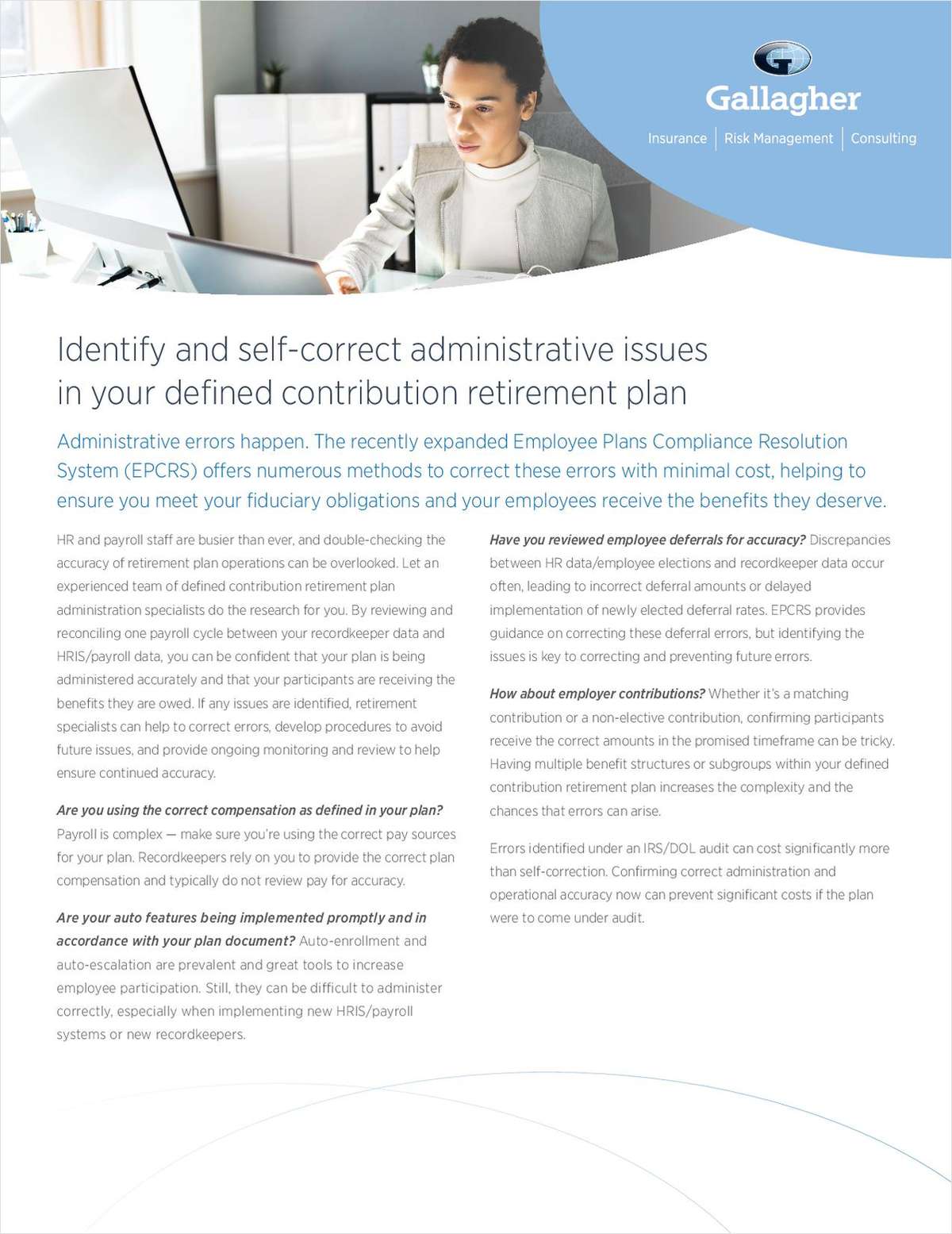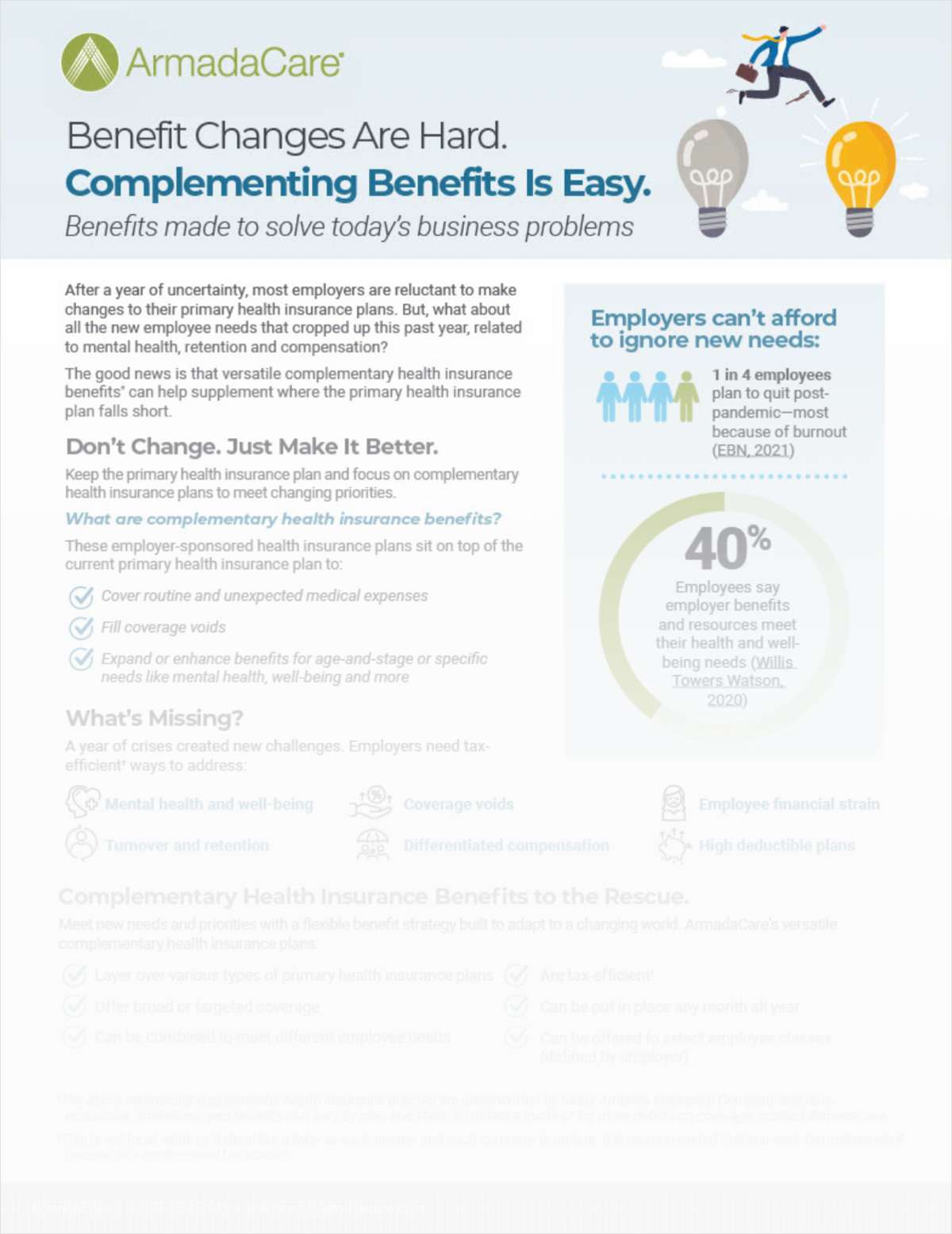 Yale's wellness program requires workers and other family members on the health plan to submit to certain screenings and tests and to consult with a health coach if they have certain conditions. (Photo: Shutterstock)
Yale's wellness program requires workers and other family members on the health plan to submit to certain screenings and tests and to consult with a health coach if they have certain conditions. (Photo: Shutterstock)
Yale University faces a class action lawsuit in response to its employee wellness program, with plaintiffs arguing that the university has illegally coerced workers into sharing private medical information.
The lawsuit was brought on behalf of union-represented employees of the university, many of whom work in clerical or technical roles. Attorneys at a local law firm are getting assistance from lawyers at the AARP Foundation, which has successfully challenged wellness programs in the past.
The suit says Yale's “Health Expectation Program” violates the Americans With Disabilities Act and the Genetic Information Nondiscrimination Act by charging employees who choose not to participate in the program $25 a week, or $1,300 a year.
The program requires workers and other family members on the health plan to submit to certain screenings and tests and to consult with a health coach if they have certain conditions.
“This is a particularly important issue for older workers, who are more likely to have disabilities and medical conditions — such as diabetes, heart disease and cancer — that are at risk of being revealed by wellness questionnaires and exams,” AARP Foundation President Lisa Marsh Ryerson said in a statement. “(I)t hits low-income workers the hardest. Allowing employers to financially coerce workers into relinquishing their personal health information is a clear violation of medical privacy and civil rights protections.”
Until recently, rules established by the Equal Employment Opportunity Commission allowed employers to provide financial incentives for employees who “voluntarily” participate in wellness programs, as long as the incentive did not exceed 30 percent of the overall cost of the individual health plan.
In 2016, however, AARP sued to overturn the EEOC rules, arguing that the cost of refusing participation meant that some wellness programs were only “voluntary” in theory. The U.S. District Court for the District of Columbia ruled in August 2017 there was no basis for the 30 percent limit and ordered the EEOC to review its rules.
While the EEOC has vacated the 30 percent limit, the current rules do not explicitly prohibit employers from offering financial incentives in exchange for wellness program participation. The legal landscape is therefore murky.
Complete your profile to continue reading and get FREE access to BenefitsPRO, part of your ALM digital membership.
Your access to unlimited BenefitsPRO content isn’t changing.
Once you are an ALM digital member, you’ll receive:
- Breaking benefits news and analysis, on-site and via our newsletters and custom alerts
- Educational webcasts, white papers, and ebooks from industry thought leaders
- Critical converage of the property casualty insurance and financial advisory markets on our other ALM sites, PropertyCasualty360 and ThinkAdvisor
Already have an account? Sign In Now
© 2024 ALM Global, LLC, All Rights Reserved. Request academic re-use from www.copyright.com. All other uses, submit a request to [email protected]. For more information visit Asset & Logo Licensing.








